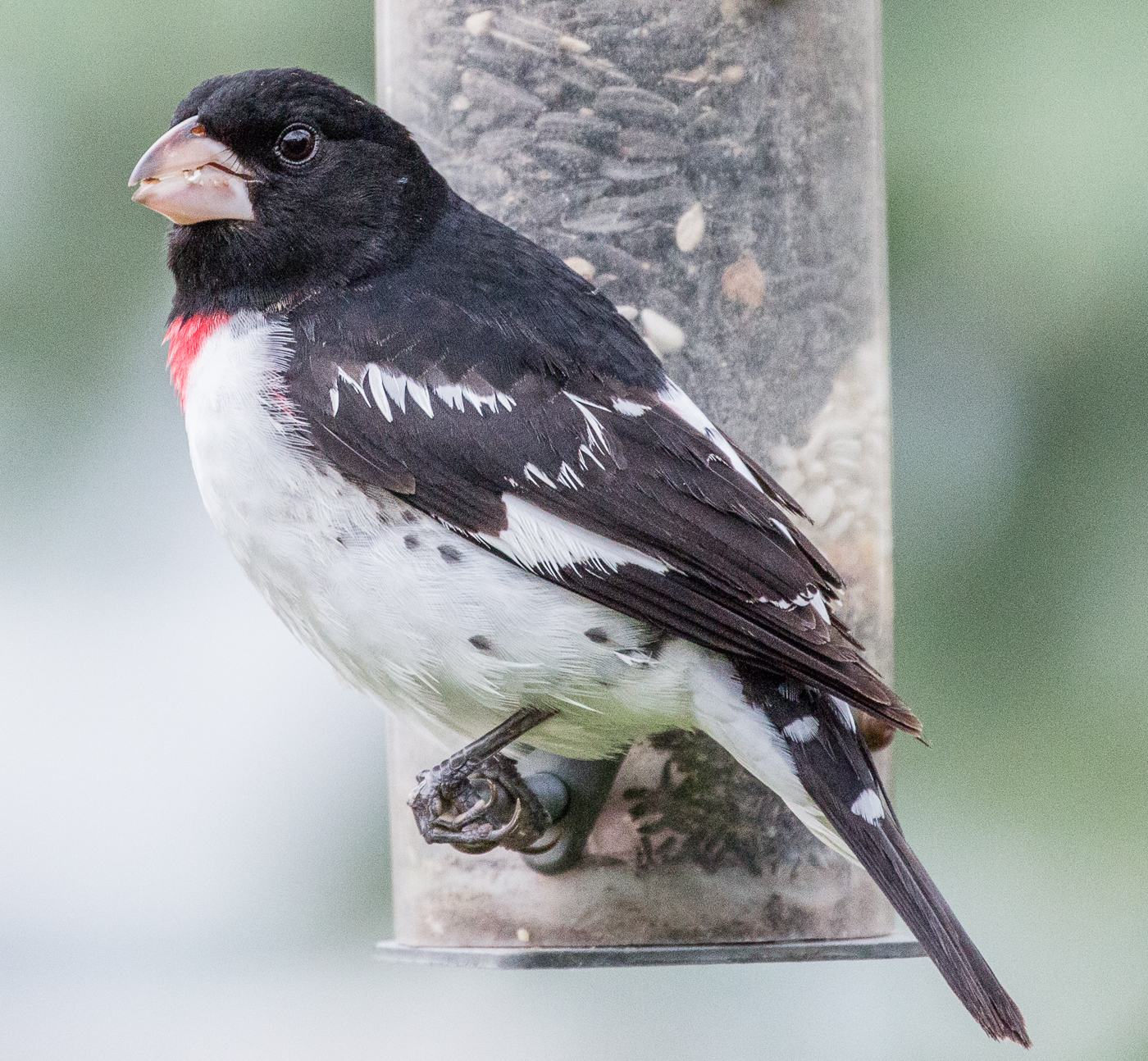Jean-Paul Sartre reckoned that hell is other people. In The Great Divorce, C. S. Lewis’s Episcopal Ghost, who delights in conversation as long as we are free to interpret words in our own way, is eager to return to the hell in which he doesn’t believe in order to present a paper to Hell’s Theological Society. Dante’s understanding of Hell, even though it precedes the former interpretations, is quite in tune with our zeitgeist: it is diverse and inclusive. Today’s clerics would feel quite at home there.
From, of all places, the BBC:
Hell is diverse
The modern cartoon image of Hell, with flames and pitchforks for everyone, is tragically bland compared with medieval depictions. This modern version is probably the legacy of Milton, who in Paradise Lost describes hell as “one great furnace” whose flames offer “no light, but rather darkness visible”. Then again, he is setting it in the time of Adam and Eve when its only population is demons, so even his Hell might have livened up a bit later. In the medieval hell explored by Dante and painted by Hieronymus Bosch, punishments are as varied as sin itself, each one shaped to fit the sin punished. In Dante, sewers of discord are cut to pieces, those who take their own lives are condemned to live as mere trees, flatterers swim in a stream of excrement, and a traitor spends eternity having his head eaten by the man he betrayed. In Bosch, one man has a harp strung through his flesh while another is forced to marry a pig in a nun’s wimple, and other people are excreted by monsters. This Hell is not a fixed penalty, but the fruition of bad choices made during our lives


